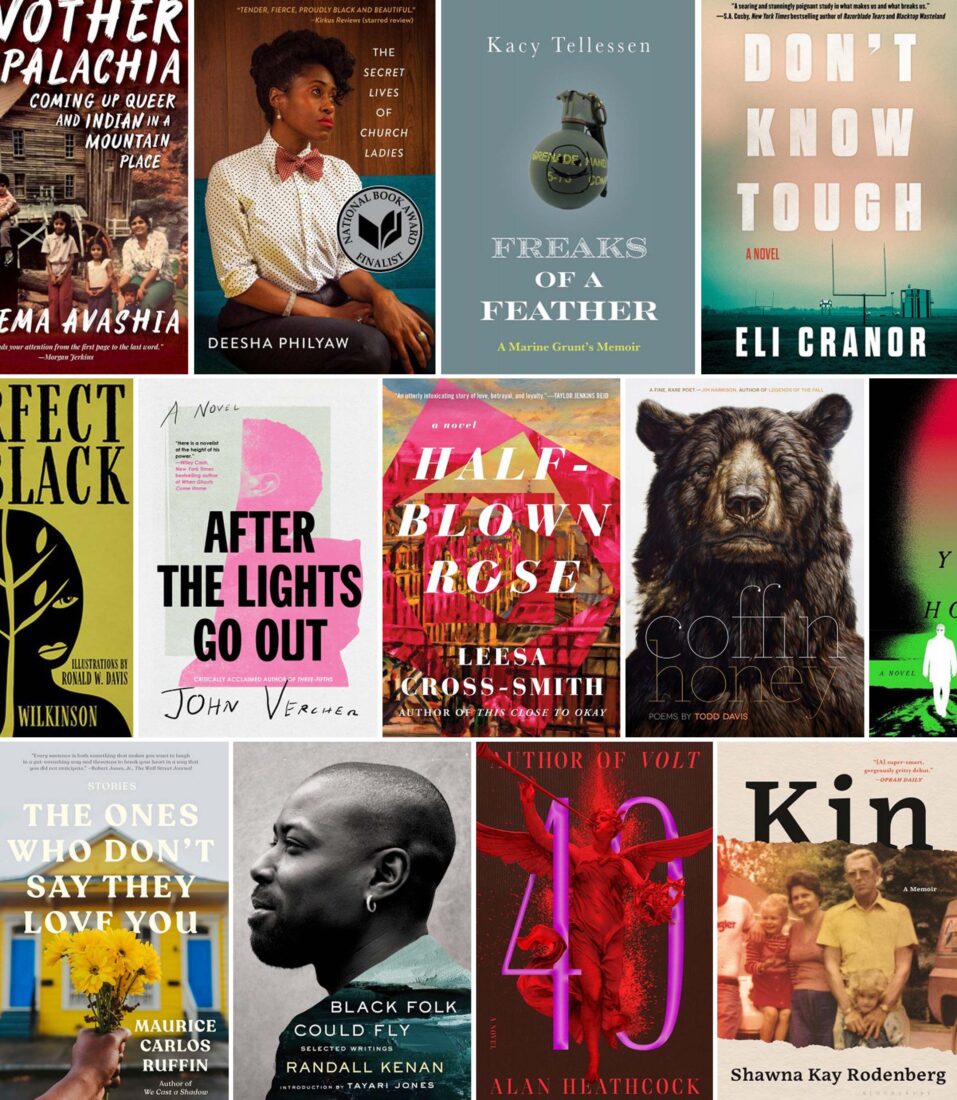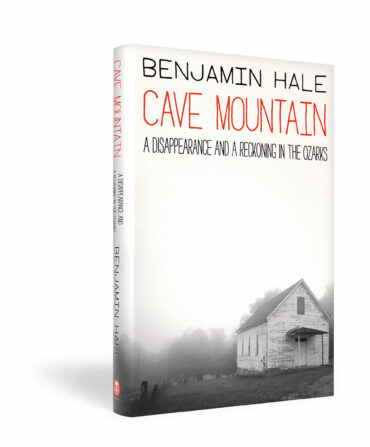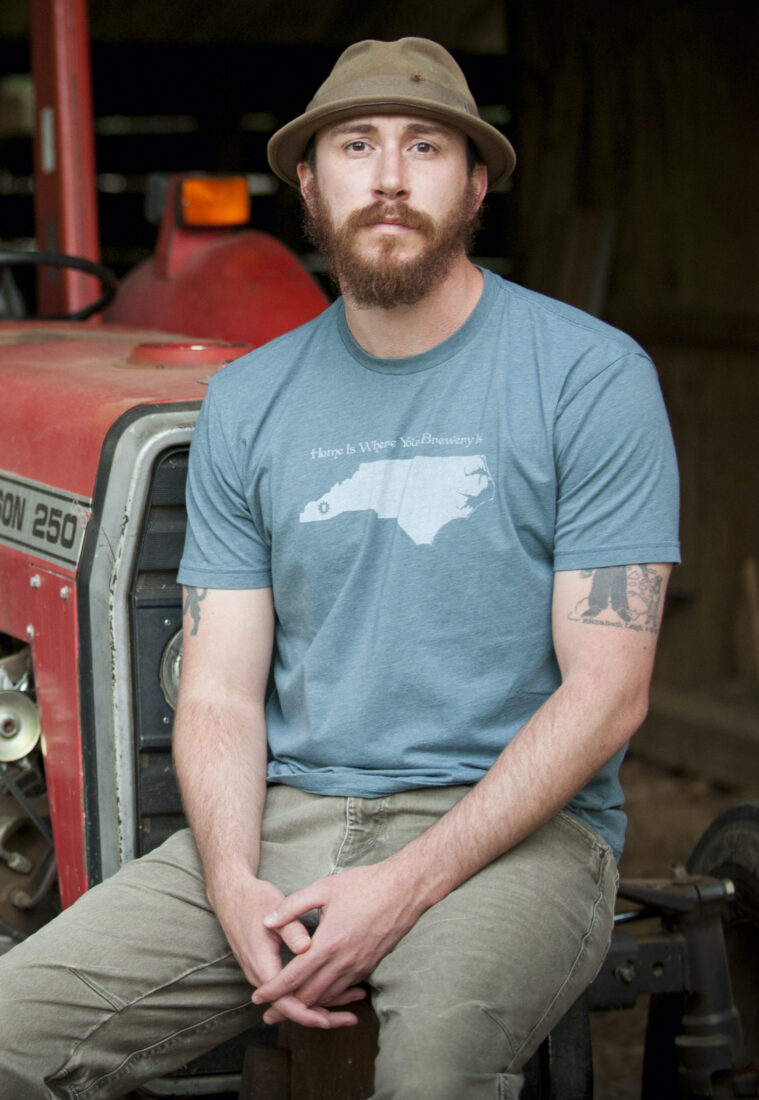
It’s that time again when editors race to pull together “Best of” lists and readers look back on goals met and missed for the reading year. I was reminded of this recently when I saw a handful of posts from friends and fellow authors mentioning how many books they’d managed to read.
Personally, I’ve never been one to set those sorts of reading goals. I tend to read slowly, and though there have been times I’ve read as many as fifty books in a year, there have been plenty of years where I’ve averaged a book a month. All I ever really want is to fall in love with one book, and most years that’s a goal I manage to reach.
The book I fell in love with this year was Randall Kenan’s Black Folk Could Fly. Anyone familiar with Kenan’s fiction knows what a giant we lost when he passed away in 2020. Rich in texture and scope, this posthumous collection of selected writings is one to savor. Kenan never shies away from big questions, never once pulls a punch. His understandings are carefully considered, and his knack for capturing the people and places he knew and loved are in many ways unprecedented and unechoed. He was quite simply one of the greatest writers the state of North Carolina ever produced, and I miss him. I miss his work. This book was like medicine for me, and I am thankful to have found it.
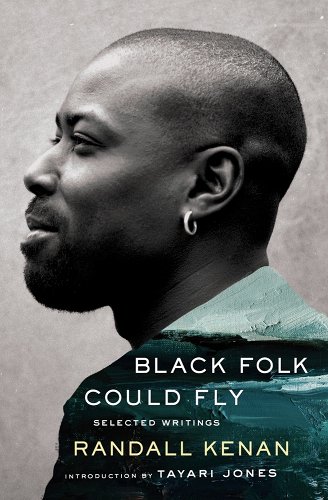
Every year there tends to be that one book. Last year it was Natalie Baszile’s We Are Each Other’s Harvest. The year before that it was Andrew Krivak’s The Bear. But I gobble up and enjoy plenty of other books, too, and this year was no exception.
I’m always a big fan of memoirs that challenge preconceived notions of people and place, and particularly those that upend tired and stereotypical narratives. Neema Avashia’s Another Appalachia does all of that, but more so it manages to do so with stunning prose and heartfelt and hard-thought insights into identity and belonging. If memoir is something you enjoy, you might also check out Shawna Kay Rodenberg’s Kin, a story of a religious cult, family, and mountains, and Kacy Tellessen’s Freaks of a Feather, about a machine gunner’s deployments to Iraq.
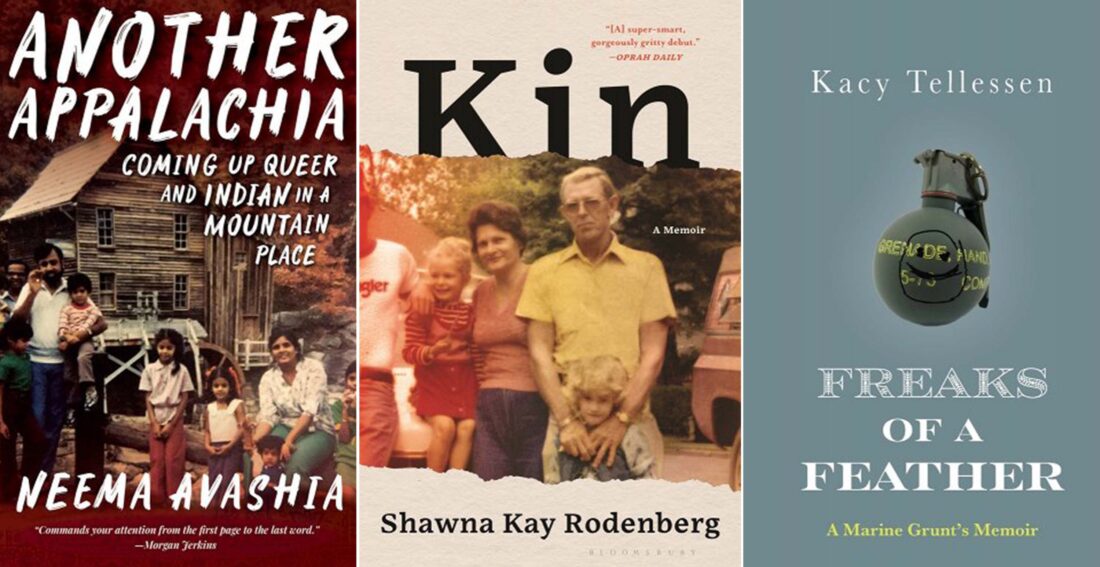
I love poetry. If I had to pick one thing to read, it would probably be that. Crystal Wilkinson’s most recent, Perfect Black, is undoubtedly my favorite collection in the past few years. With language as rich and thick as pound cake, Wilkinson’s work always elicits emotion. We laugh, we cry, we’re left speechless and awed by wonder. She is a master of craft, and I hope everyone will familiarize themselves with her work. This year I was also blown away by Todd Davis’s collection, Coffin Honey. There’s a reason Jim Harrison called him “a fine, rare poet,” and in his seventh collection, the Pennsylvania-based Davis is at his honed and razor’s edge best.
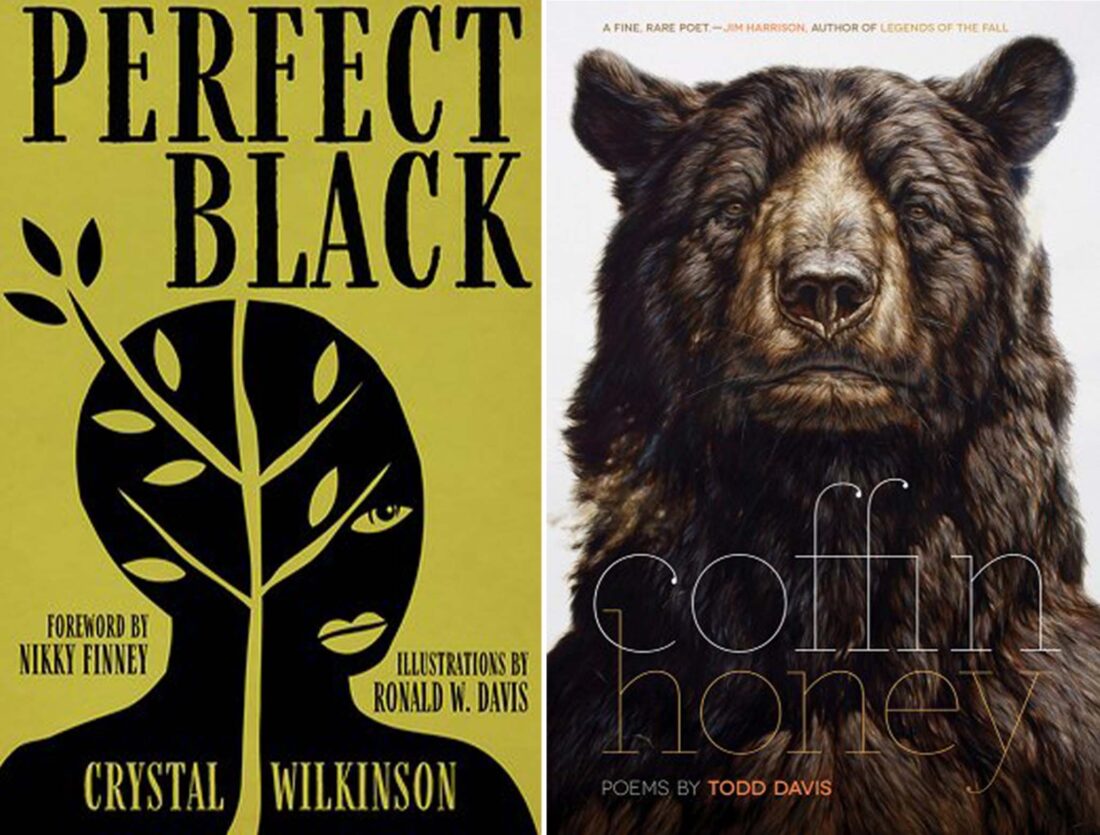
I didn’t read a lot of short stories this year, but the last great collection I read was Maurice Carlos Ruffin’s The Ones Who Don’t Say They Love You. Ruffin is a native of New Orleans, and I think he’s one of the smartest and most talented writers at work today (I flat loved his debut novel, We Cast a Shadow). This collection is filled with fully realized characters and an impeccable sense of place. The sounds, the smells, the flavors all scream NOLA, and that’s a trip that’s always worth taking. Another story collection I loved is Deesha Philyaw’s The Secret Lives of Church Ladies. I was late to the party on this one, but Lord am I glad I found it.
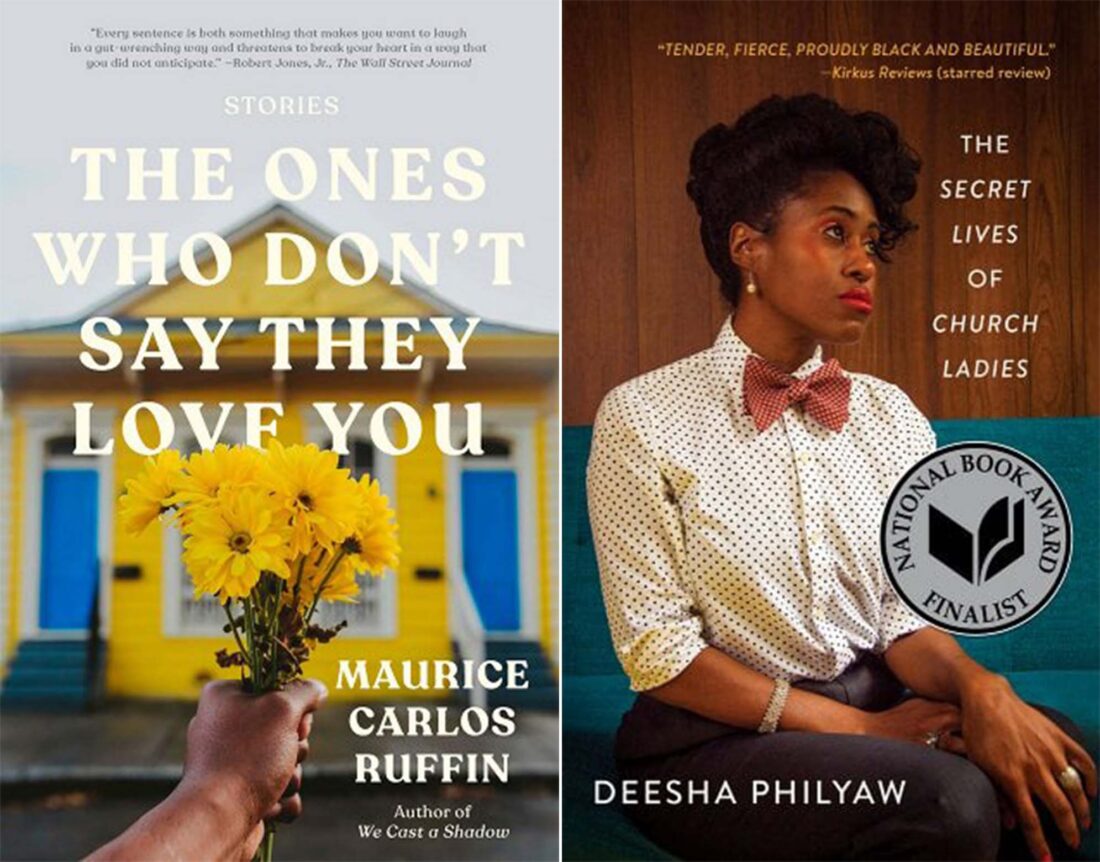
I’ll wrap up with the novels I’ve enjoyed of late. This is probably what I read the most of, but it’s also honestly where I’m hardest to please. My favorite novel of the year was Alan Heathcock’s 40. It’s rare to go into a novel anymore that feels wholly original. Heathcock’s work never once seems imitative or contrived. Here we get a dystopian tale that remains poignant and sharp with prose that hums like a strummed guitar. Another novel I loved was Leesa Cross-Smith’s latest, Half-Blown Rose. I’ve loved everything this Kentucky writer has put out and am eagerly awaiting her next, Goodbye Earl, which will be released this July. She’s a treasure, and perhaps what speaks to her talent more than anything else is that she always makes me fall in love with stories I might not otherwise seek out. She takes me out of my comfort zone as a reader, and I always wind up thankful.
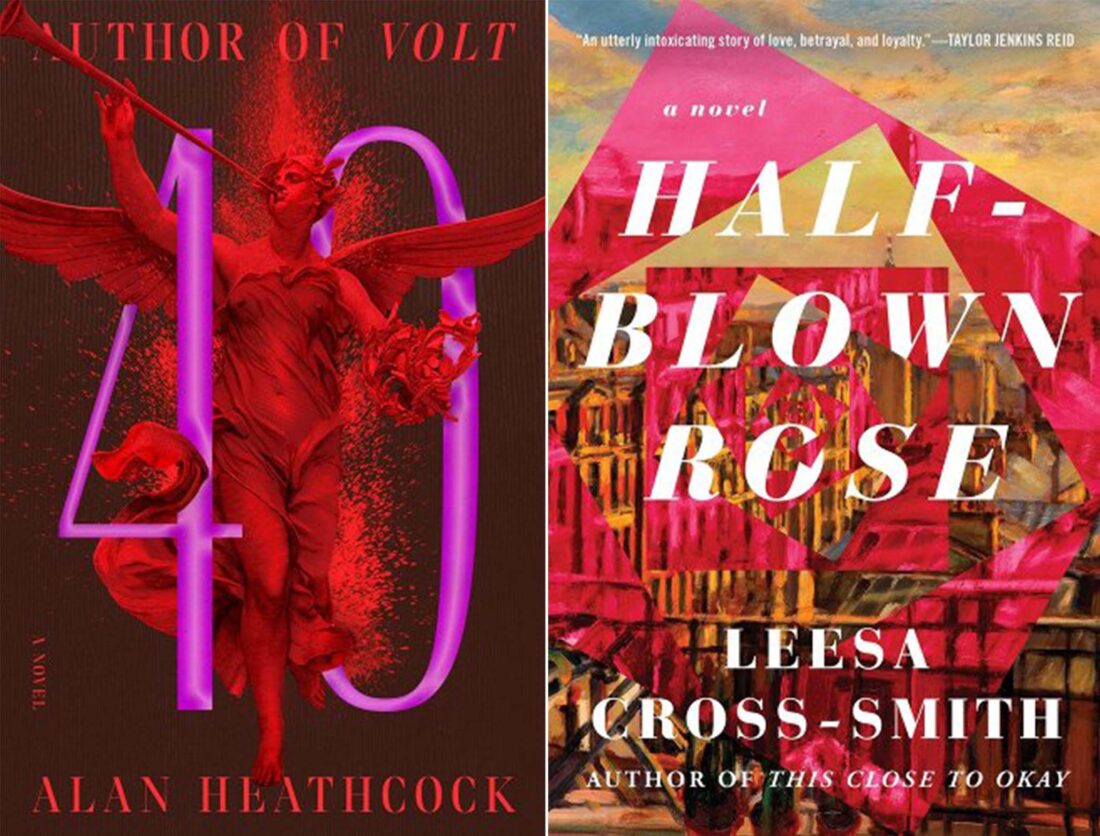
If you know my fiction, you know this list wouldn’t be complete without some dark, gritty novels. My favorite this year came from the Puerto Rican born, Texas-based writer Gabino Iglesias with The Devil Takes You Home. The book perfectly blends magic and horror, violence and reckoning. Definitely not for the faint of heart. Iglesias has created a story that will hang around your neck like a yoke. A couple more in this vein that I enjoyed were John Vercher’s After the Lights Go Out, about a biracial fighter’s battle with family history and memory, and Eli Cranor’s debut, Don’t Know Tough, which follows a high school football star suspected of murdering his mother’s abusive boyfriend.
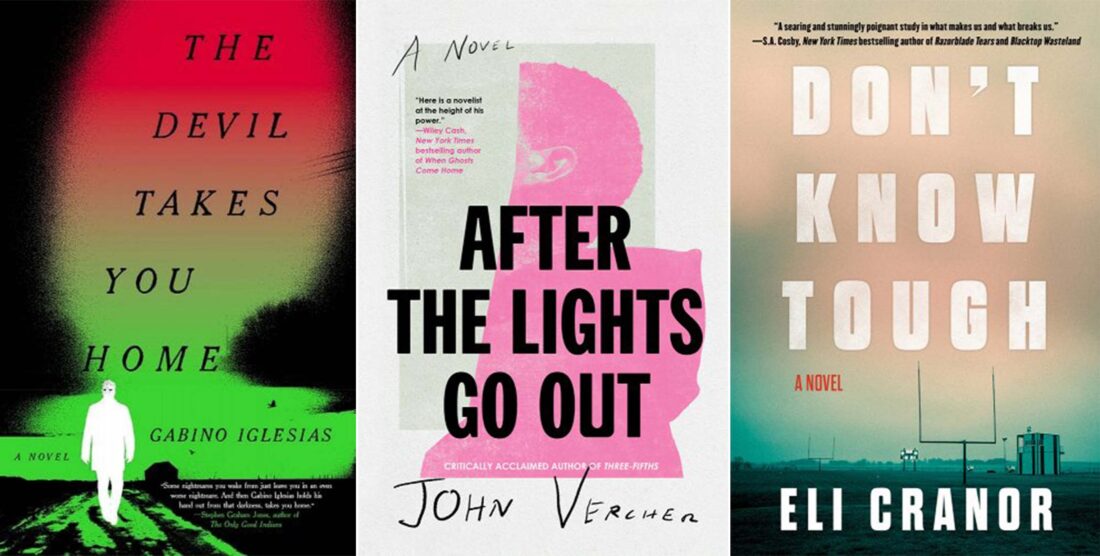
As 2022 comes to a close, I hope everyone had a good reading year and met whatever goals you set for yourself. If I could pass along any goals for next year, I would say get out of your comfort zone, read broadly, try to discover someone new, and above all find one book to love.
David Joy is the author of four novels, including When These Mountains Burn and The Line That Held Us. His new novel, Those We Thought We Knew, comes out this August. He lives in the North Carolina mountains.
David Joy, a twelfth generation North Carolinian, is the author of five novels, most recently Those We Thought We Knew (winner of the 2023 Willie Morris Award and the 2023 Thomas Wolfe Prize). Others are When These Mountains Burn, The Line That Held Us, The Weight of This World, and Where All Light Tends to Go. He is also the author of the memoir Growing Gills: A Fly Fisherman’s Journey and a coeditor of Gather at the River: Twenty-Five Authors on Fishing, a book that raises money for the CAST For Kids Foundation. Joy lives in Tuckasegee, North Carolina, with his dog, Edie Munster. Read more at his website.
Garden & Gun has an affiliate partnership with Bookshop.org and may receive a portion of sales when a reader clicks to buy a book. All books are independently selected by the G&G editorial team.


